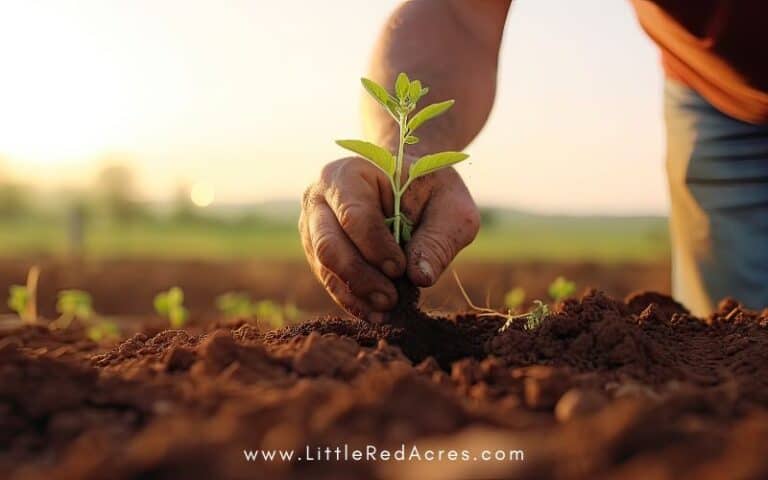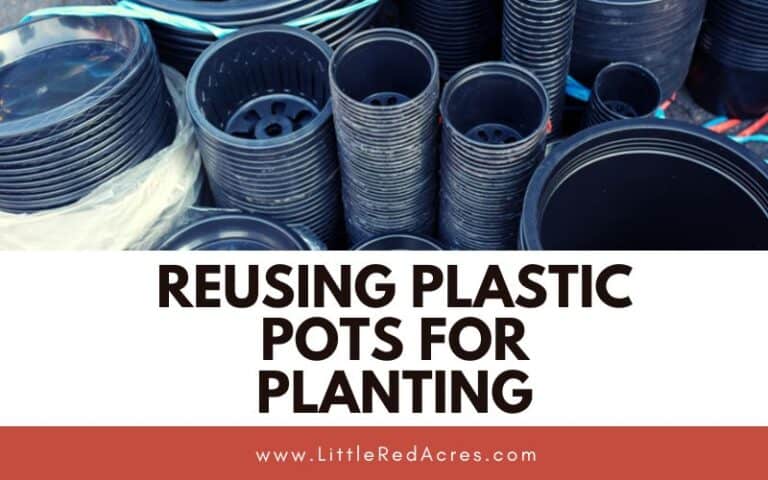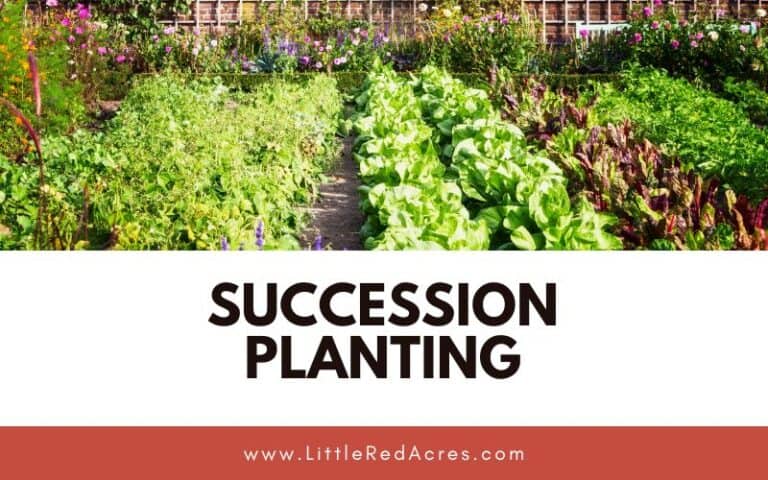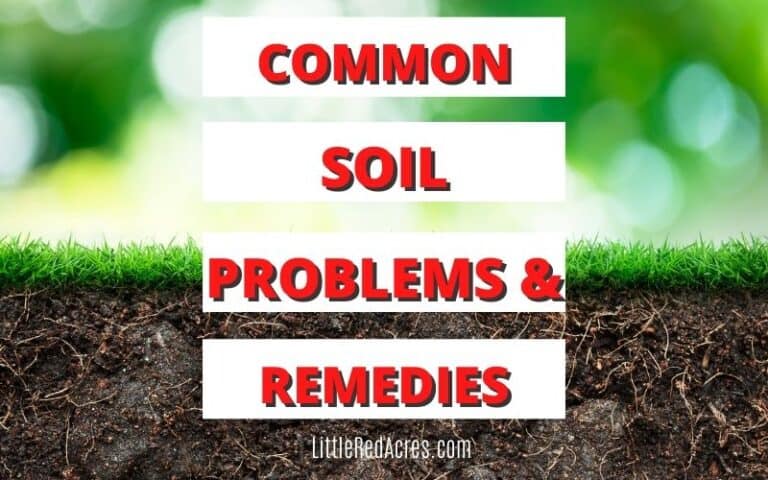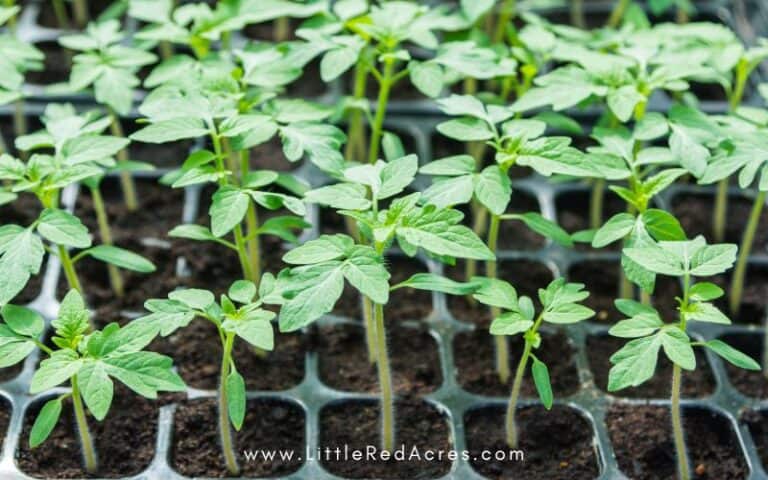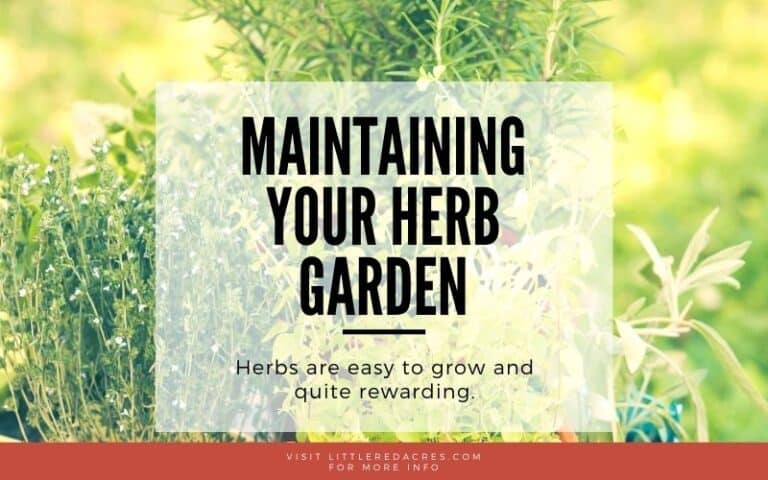7 Gardening Mistakes You Could Be Making
Everyone wants a beautiful garden, but the best-laid plans sometimes go wrong. You might be making some of these gardening mistakes without even realizing it. The more you educate yourself now the sooner you'll have great success in the garden.
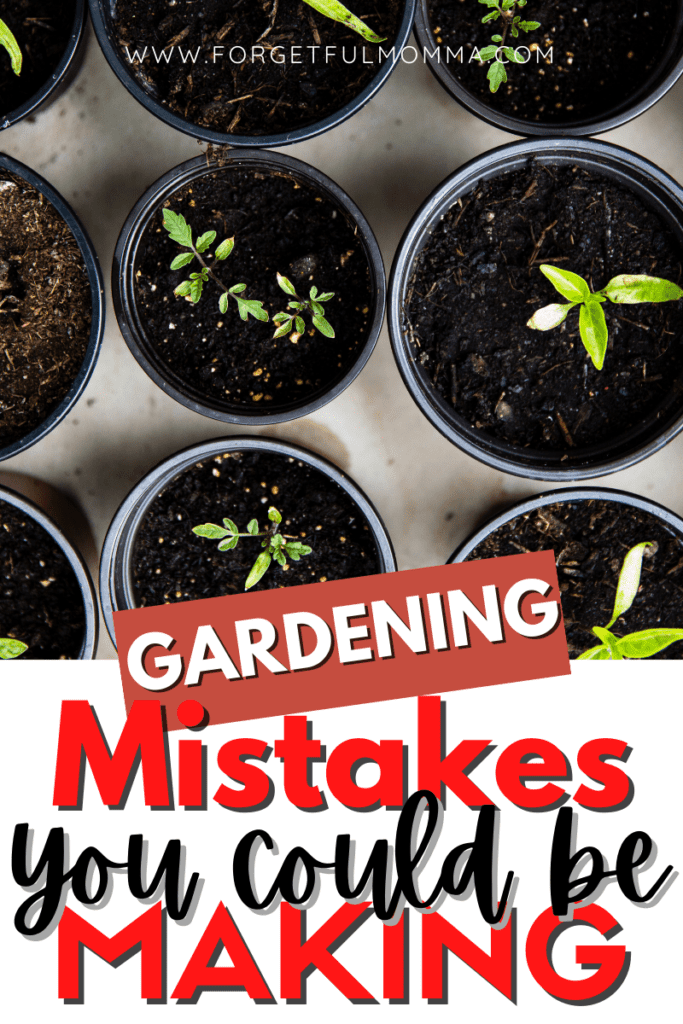
This post may contain affiliate links, see my disclosure policy for more information.
7 Gardening Mistakes You Could Be Making
We will discuss some common misconceptions about gardening that may help you either get off to a great gardening season for the best garden you can possibly have.
Get updates & freebies delivered to your inbox!
Organic Pesticides are Safer than Synthetic
There are many natural toxins that are often used in organic pesticides that are often still harmful to you and your crops.
Many think it's more eco-friendly and safe for the environment when they go with an all-natural approach to using pesticides. Some naturally procured pesticides are deadlier or carry a higher risk than synthetic options.
There are some natural toxins that are hazardous to pets, people, frogs, and bees.
Pesticides, when misused, are harmful, it doesn’t matter if they are natural or synthetic.
If A Little Water Is Good For The Plant, More Is Better
Too much water is bad for your plants because it causes the roots to suffocate and they will begin to rot. The water cuts off the air supply to the roots which is the number one cause of root rot.
Ants Will Eat Your Plants
Ants do not eat plants. There are many benefits to having ants in your garden. Ants help protect your garden from herbivores that may destroy your plants.
Ants act as decomposers, they will feed on insects, organic waste, and other dead animals which helps in the decomposition process and this provides nitrogen that helps your plants thrive.
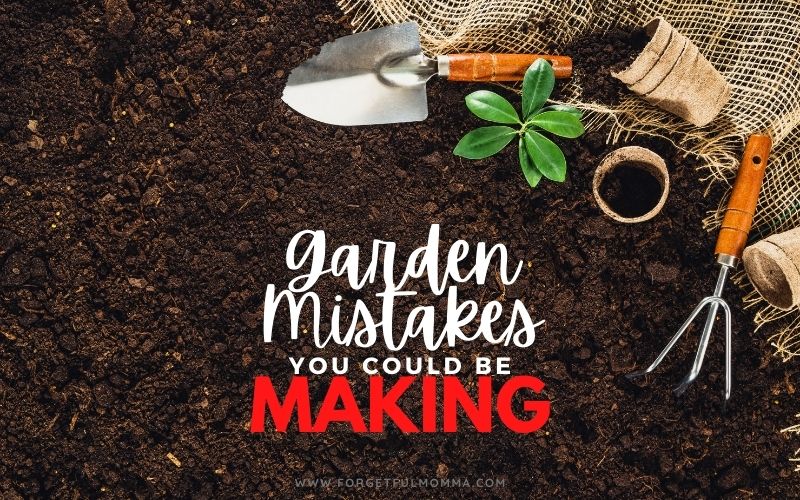
Planting in Rows is the Best
This is one we struggle with! While there are many benefits to planting in rows it may not be the best for you. Planting in rows takes up a lot of space, restricting the number of things you can plant.
Square foot gardening is a great way to work your garden.
All New Trees Should Be Staked As Their Planting
Trees do not have to be staked unless there’s a reason to do so. If your tree is top-heavy or you live in a city with a lot of wind, you may need to stake your sapling while they are getting started.
Allowing trees to move in the wind will help make their trunks stronger and thicker.
You Should Water Your Plants Every Day In The Summer
During the summer, you'll probably need to water your plants and trees more often. But you should find out how much water your particular plant needs to be healthy and strong.
Under or overwatering can be detrimental to the health of your plant. Check the dryness of the soil before watering again to ensure that you are not overwatering your plants.
Add Sand For Better And Easier to Use Clay Soil
Adding sand to clay soil tends to make it worse by making your soil into something similar to concrete. It turns the soil hard and will make the roots start to rot.
Sand is one of the worst things to add to your clay mixture. To loosen heavy clay soil it’s best to use organic matter such as compost, manure, or peat moss. Chicken manure (from the previous year) is a great option.
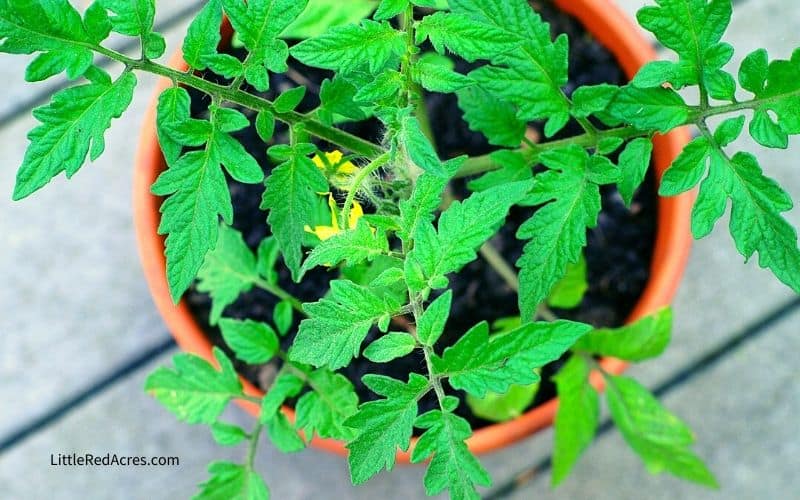
The gardening process can be daunting, especially when you don't know what to expect or how to prepare for the task. I hope we have helped to clear up some myths and that you have a healthy beautiful garden.
We have all made mistakes and as we do we learn from them and share what we have learned here so you don’t have to make the same ones.

More on Gardening
Reusing Household Items for Starting Seeds Inside
When to Start Seeds Indoors for Spring Planting

